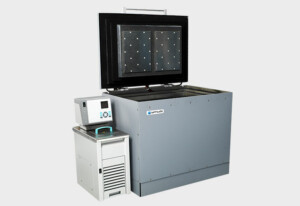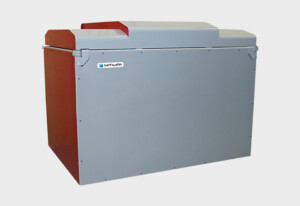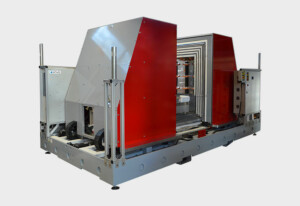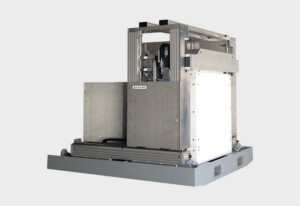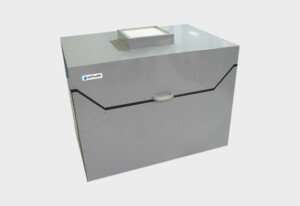Calorimetry for next-generation technologies
Date: - Categories: Technologies
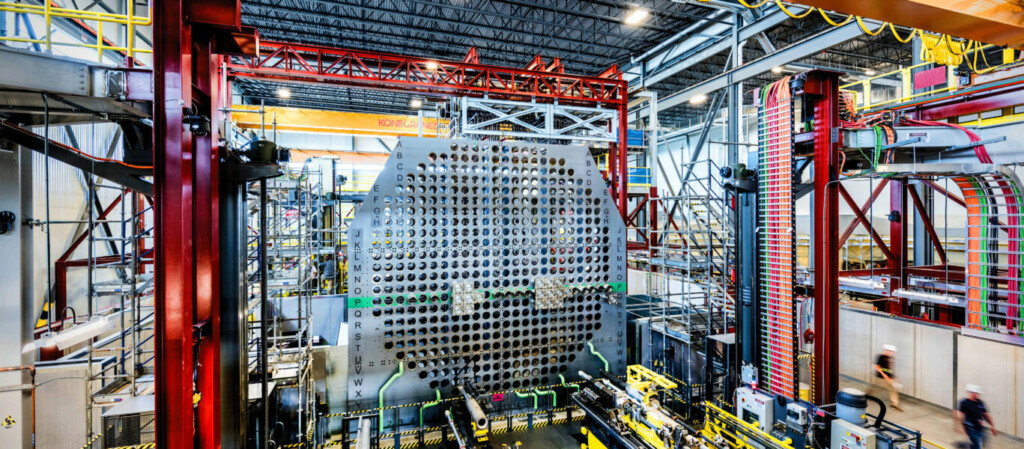
From heat to insight.
From nuclear material quantification to the development of off-grid and long-life power supply systems, calorimetry is emerging as a key enabler of next-generation nuclear technologies. Explore how this non-destructive technique is shaping the future of energy through precision heat measurements.
What is Calorimetry?
Calorimetry is a non-destructive measurement technique used to measure the heat released or absorbed by a material.
By placing a container of radioactive material inside a calorimeter, it becomes possible to measure the thermal power generated by the nuclear decay of that material.
This data is invaluable for thermal analysis and heat balance or heat transfer calculation.
Additionally, when no other heat sources are present, the measured thermal power is directly proportional to the quantity of radioactive material in the container — making calorimetry an exceptionally accurate method for quantification.
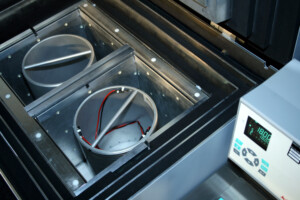
How calorimetry helps develop next-generation technologies ?
Calorimetry plays a key role in the development of off-grid, long-life power generation technologies.
By precisely measuring the heat emitted by radioactive sources, calorimetry provides essential support for the design, validation, and production of Radioisotope Thermoelectric Generators (RTGs) — systems that convert thermal energy into electricity.
These technologies rely on:
- Radioactive isotopes such as americium, plutonium, or strontium, which release high amounts of heat
- Thermoelectric modules that transform this heat into usable electrical power
Controlling the thermal output of those sources is critical to ensuring the performance, safety, and longevity of RTGs. Moreover, thanks to its high accuracy even at elevated power levels, calorimetry enables their reliable deployment in the most demanding environments: space, deep-sea, underground, and other off-grid scenarios.
Why Setsafe’s calorimetry?
At Setsafe, we have developed solutions adapted to the extreme conditions faced by researchers, while producing reliable, safe and ultra-precise solutions.
Our calorimeters have indeed invaluable advantages for the characterization of plutonium, tritium or americium-241 :
-
Non-destructive
The measurement is non-destructive and performed on the whole container, so it is representative.
-
Accurate
Calorimetry allows measurement accuracies down to 0.1% when applied to concentrated homogeneous materials. It is considered to be the most reliable of all nondestructive americium analysis techniques.
-
Adaptable
Calorimetry can be used on any type of matrix, object geometry or chemical form of the radioelement, because its measurement results are not influenced by them.
